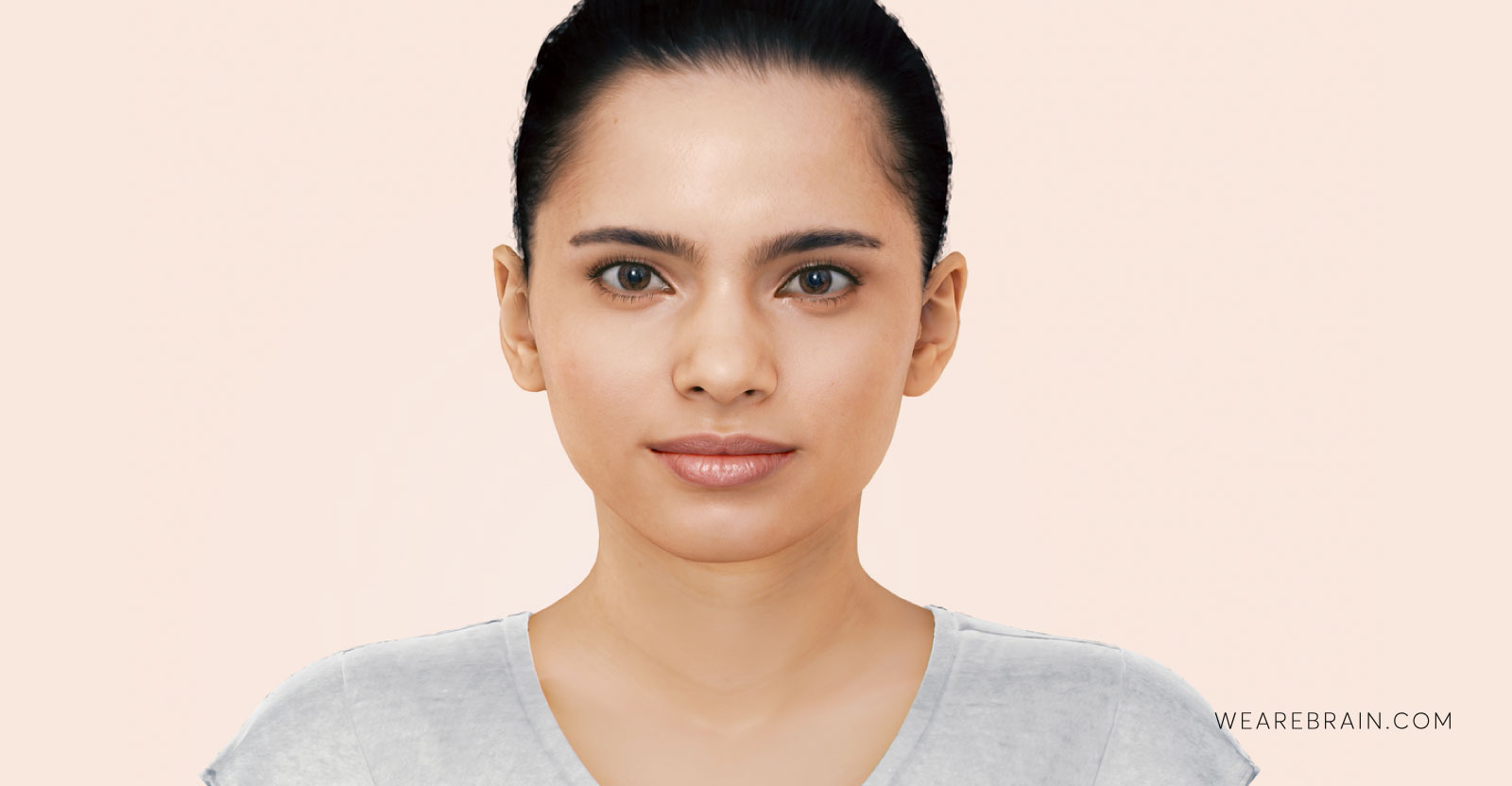The rise of AI-powered faux influencers

Ready to build your own AI business strategy? Purchase WeAreBrain’s new book, Working Machines – An Executive’s Guide to AI and Intelligent Automation today. It’s available on Amazon, Google Books, Apple Books and Audible.
Photo Credit: https://www.papermag.com/sk-ii-ai-avatar-ambassador-2638918973.html
Artificial Intelligence Influencers (AII) are relatively new to the social media scene but will soon start to dominate. The most recent example of an AII is Yumi, Japanese cult skincare line SKII’s latest AI ‘spokesperson’. A fully digital AI bot made to look exactly like a young woman, Yumi plays the role of a regular social media ‘influencer’. She posts images and skincare routine videos alongside her human counterparts and is a digital human, a seemingly living and breathing (in code) extension of the SK-II brand. This means Yumi is fully controlled by the SK-II brand and has no autonomy, meaning she can be programmed to do, say and sell anything the creators want. She doesn’t come with pesky human problems like sleep, moral inclinations, ageing, political and/or religious viewpoints or even the need for a salary. She perfectly mimics the role of an ‘influencer’ and thus yields the same power over her audience. The most important part? Yumi is devoted to one brand, forever.
Yumi was created using Google’s natural language processing platform by New Zealand-based startup Soul Machines, who specialise in creating digital humans who look, sound, and move like humans do. “She’s targeted to talk to twentysomething-year-old Japanese women about how they look after their skin,” says Soul Machines CBO Greg Cross. Instead of hiring a large team of subject matter experts to respond to user’s queries around the clock, Yumi can handle this task more efficiently and, of course, much cheaper. Yumi is therefore both a brand spokesperson (influencer) and customer service agent rolled into one programmable and automated piece of software. Soul Machines have created digital humans for large businesses such as Mercedes-Benz and AutoDesk, among others.
Lil Miquela, Instagrammer and musician
Another artificial intelligence-powered faux influencer gaining widespread popularity is Lil Miquela, an Instagram model and musician created by L.A. ad agency Brud in 2016. What originally started out as an art concept piece, Lil Miquela’s following has grown rapidly due to a combination of intrigue and criticism from online audiences. Based on a real person, Lil Miquela looks like your quintessential young hip social media influencer. She even has her own YouTube account, and most famously appeared in an unnerving Calvin Klein fashion campaign with real-life fashion model and influencer Bella Hadid. In the campaign video, Lil Miquela and Hadid are shown side-by-side (perhaps to demonstrate how powerfully convincing the AI is). The two share a kiss, which is weird, but clearly plays to the gaming world’s fascination with imaginatively endowed characters lusting after lesbian desires. It’s all marketing, of course.
Lil Miquela differs from Yumi in that she uses her online influence to promote her own brand, as well as various other brands which she gets paid to promote. She, therefore, more closely resembles a human influencer in that she has autonomy over what she does and which brands she promotes. Yumi is solely for the use of SK-II, whereas Lil Miquela can work for the highest bidder which her behind-the-scenes creators are willing to work with. It becomes quite apparent as you dig deeper the ambiguity around who is actually pulling the puppet strings is very deliberate.
The future of AI influencers
So where do human followers stand in terms of ethically following the paid promotions of a faux influencer? Well, it’s not such a radical departure from following a human influencer because the process is effectively the same and it produces the same end result — marketing. People don’t need to have a moral dilemma when following a faux influencer because there are humans behind the bot, controlling the content. Lil Miquela is a proxy influencer controlled by her human creators. She is still influencing her followers like a human influencer does, it’s just that Lil Miquela’s digital persona is the middle-man. You can look at it as an image portrayed by an artist or musician, the content is generated by a human but the audience-facing persona is artificially generated (think music group Gorillaz). When faux influencers evolve to self-controlled sentient beings which operate on their own terms without human intervention, then perhaps our moral dilemma can be justified. Until then, people are still following people — only the persona is digital, not the content generators behind it.
As AI’s influence has been globally welcomed by businesses to assist in a multitude of ways resulting in efficiency, accuracy and predictive capabilities, the most discerning part is that it is affordable. Brand bots such as Yumi and self-contained, autonomous ones like Lil Miquela, can operate and perform tasks at a fraction of the cost as their human counterparts. When you consider the control brands have over what their faux influencers do and say, it really becomes a no-brainer. And that doesn’t even take into account the best part of brands harnessing the power of android influencers… the fact that they operate 24/7. It seems the AI influencer is here to stay — forever.
Paula Ferrai
Working Machines
An executive’s guide to AI and Intelligent Automation. Working Machines takes a look at how the renewed vigour for the development of Artificial Intelligence and Intelligent Automation technology has begun to change how businesses operate.







